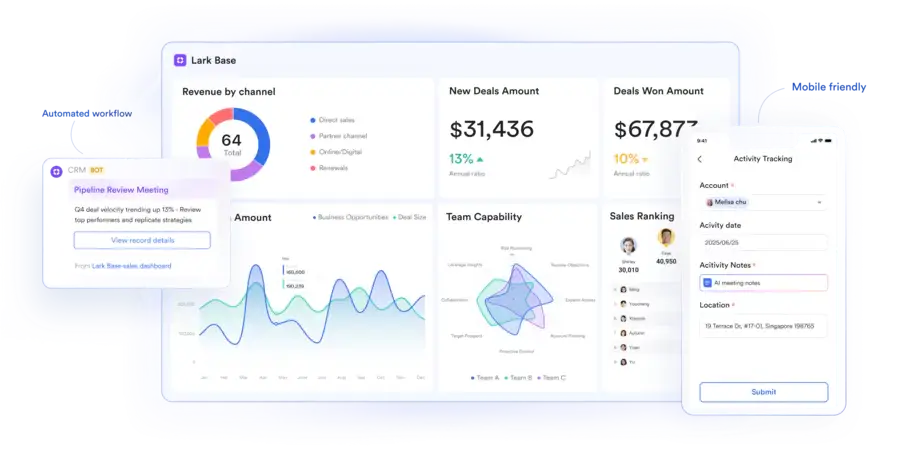Ever walk into your teenager’s room and ask them about their homework, only to watch them frantically search their phone for the assignment details? You’re witnessing something bigger than just forgetfulness.
Digital amnesia is becoming a real problem for today’s youth, with recent studies showing that teens now spend an average of 8 hours and 39 minutes daily on screens. This phenomenon messes with how young minds process information, and honestly, it’s creating a generation that struggles with basic recall.
What Is Digital Amnesia?
Here’s the thing about digital amnesia – it’s basically when our brains decide to take a vacation from remembering stuff, you know? Instead of storing information in our heads, we outsource everything to our devices.
Phone numbers? That’s what contacts are for. Historical dates? Just Google it. The brain essentially says, “Why bother remembering when I can just look it up?”
Now, teenagers are particularly vulnerable because their brains are still under construction. Picture this: every time they reach for their phone instead of trying to remember something, they’re essentially training their brain to be lazy.
It’s like having a personal assistant who gradually takes over more and more of your responsibilities until you can’t function without them.
Teen Screen Addiction and Its Effects
Let’s be real – most of us have seen the warning signs of teen screen addiction. Your teen gets jittery when their phone battery dies. They check Instagram while “doing homework.” They lose entire afternoons to TikTok without realizing it.
What’s happening here goes deeper than just bad habits, though. Excessive phone use creates this weird emotional bubble where teens become disconnected from real-world experiences.
When they’re constantly jumping between apps, notifications, and social feeds, their brains never get a chance to properly process anything. It’s like trying to have five conversations at once – nothing really sticks.
Internet and Memory Loss in Teenagers
Here’s where things get really interesting. Search engines have completely rewired how teenagers approach learning. Why memorize the periodic table when you can pull it up in two seconds? Seems logical, right?
Research shows that this “Google effect” is actually weakening our natural memory muscles. The connection between the internet and memory loss becomes clear when teens multitask online – and let’s face it, they’re always multitasking – their brains struggle to form deep memories.
They end up with this surface-level understanding of everything and deep knowledge of nothing. It’s like skimming a book and thinking you’ve read it.
Declining Attention Span in Teenagers
Get this – recent studies suggest our attention span in teenagers has shrunk dramatically in just the past decade or so. Teenagers today can barely focus on one thing for more than a few minutes before their minds start wandering.
The constant ping of notifications has trained young brains to expect immediate gratification. Everything else feels boring by comparison. Try asking a teenager to sit through a documentary without checking their phone.
It’s like watching someone go through withdrawal. The ripple effects are everywhere – from struggling in school to having trouble with face-to-face conversations.
How a Parental Control App Can Help
Now, we’re not suggesting you turn into a digital dictator, but a parental control app can be a total game-changer when used thoughtfully. Take mSpy, for instance – it’s one of those tools that works.
Here’s what makes text spy app mSpy particularly useful for tackling digital amnesia:
- Social media monitoring so you can see just how much they’re actually scrolling
- Screen recording feature that shows you what’s really grabbing their attention
- App usage reports – trust us, the numbers will surprise you
- Website history tracking to spot those endless rabbit holes they fall into
- Screen time limits that actually work (and give their brains a break)
The goal isn’t to eliminate technology completely – that’s not realistic in today’s world. Instead, it’s about creating breathing room for their brains to actually remember things naturally.
When teens spend less time glued to screens, something magical happens: they start remembering things again.
Conclusion
Digital amnesia isn’t just some trendy buzzword – it’s a real issue affecting how teenagers learn, remember, and connect with the world around them.
The good news? With the right awareness and some smart boundaries, we can help young people develop a healthier relationship with technology while protecting their natural ability to think and remember.













